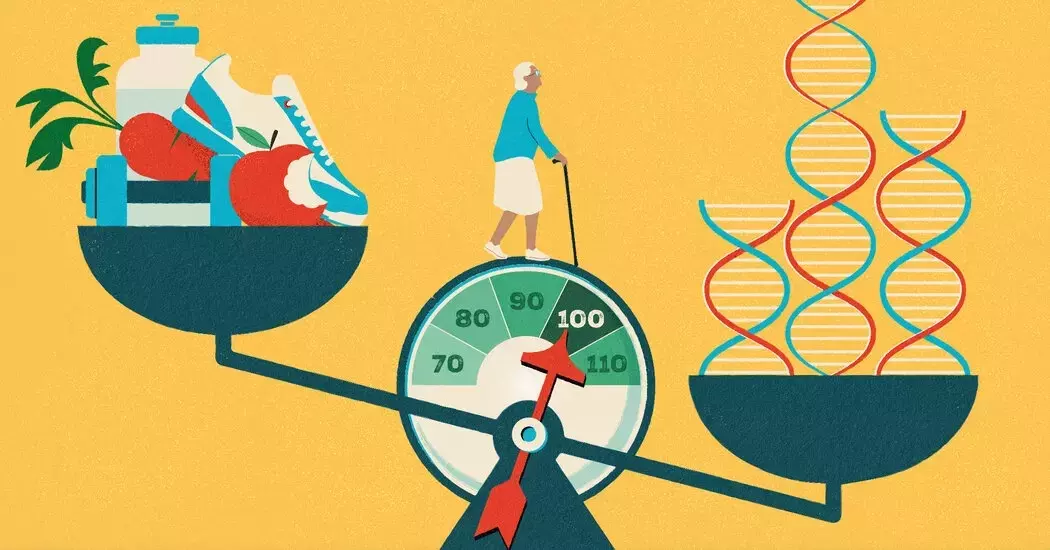
Exploring the secrets behind living a long life, recent studies highlight the complex interplay between lifestyle choices and genetic factors. Dr. Nir Barzilai, a renowned researcher in aging, encountered Helen Reichert, who lived past 100 despite her smoking habit. This anecdote raises questions about the extent to which daily habits influence longevity. While research indicates that adhering to healthy practices can significantly extend one's lifespan, reaching the century mark may involve more than just making the right choices. The evidence suggests that while lifestyle plays a crucial role in extending life up to a certain point, genetic luck might be a decisive factor for those who live exceptionally long lives.
Dr. Barzilai’s interaction with Mrs. Reichert provides an intriguing case study. Despite repeated medical advice to quit smoking, she continued the habit until her death at nearly 110 years old. This scenario contrasts sharply with conventional wisdom, which emphasizes the importance of a healthy lifestyle. Yet, numerous centenarians exhibit habits that defy standard health recommendations. The question remains: how much does individual choice contribute to longevity, and how much is attributed to genetic predisposition?
For many, reaching the age of 80 or 90 is within reach through conscious lifestyle decisions. A comprehensive study involving over 276,000 veterans revealed that adopting eight healthy behaviors could potentially add up to 24 years to one's life. These behaviors encompass maintaining a balanced diet, engaging in regular physical activity, ensuring quality sleep, managing stress effectively, nurturing strong relationships, and avoiding harmful substances. If all these practices were followed diligently, individuals could expect to live into their late 80s—a significant improvement over the current average U.S. life expectancy.
However, even when all the recommended health practices are adhered to, achieving centenarian status remains elusive for most. Dr. Sofiya Milman, an expert in medicine and genetics, underscores that while a healthy lifestyle can indeed prolong life, it does not guarantee reaching 100 years. The key takeaway is that while we have considerable control over our health up to a certain age, living exceptionally long lives may depend on genetic factors beyond our control.
In conclusion, the path to longevity involves a combination of mindful lifestyle choices and genetic fortune. While adopting healthy habits can extend life well into the 80s or 90s, reaching the century mark appears to rely more heavily on genetic factors. This understanding encourages us to focus on what we can control—our daily choices—while appreciating the unpredictable nature of human longevity.
